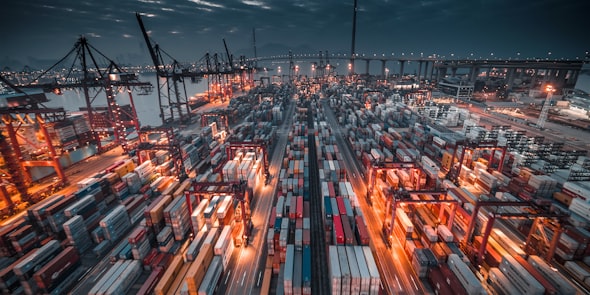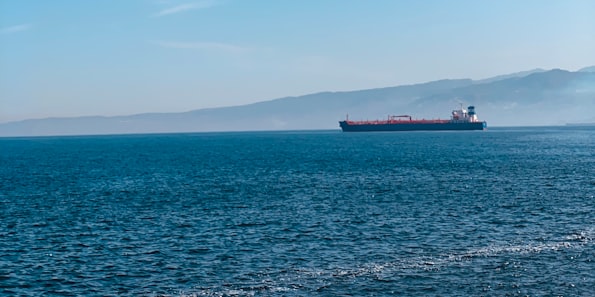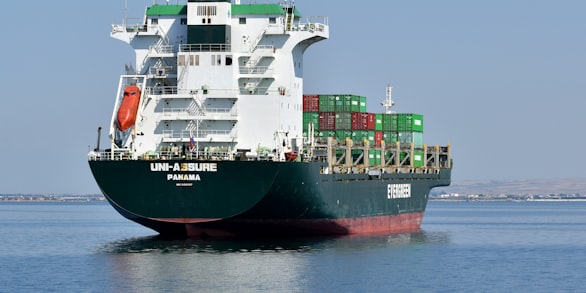
From Aspirational to Feasible to Practical – the pathway to Zero-Emissions Shipping
Peering into the future – the near future, not the distant future – we see the beginnings of a pathway towards a goal that some believe is only aspirational: a zero-emissions shipping industry. It really shouldn’t come as too much of a surprise, as our heritage until about 170 years ago was predicated on zero emissions through sail and sweat. We went for centuries in a zero emissions world, and it looks as...
http://www.allaboutshipping.co.uk/2019/07/24/from-aspirational-to-feasible-to-practical/








